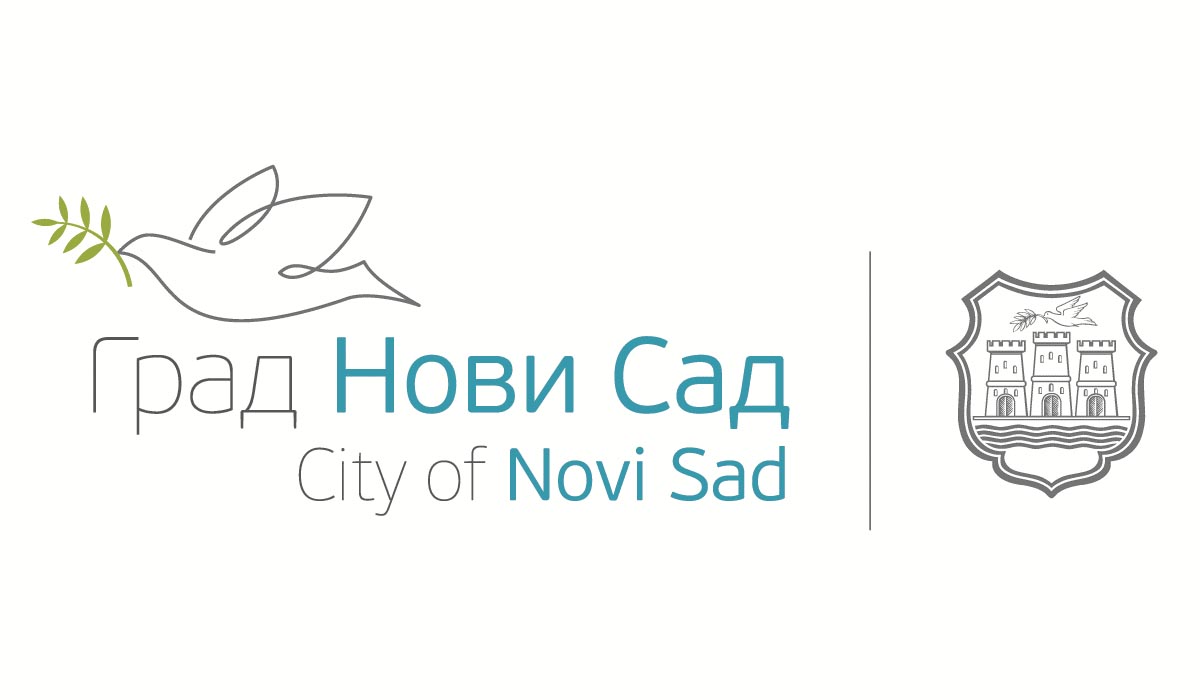THE QUESTION OF SCHOOLBOOKS IN THE EDUCATIONAL POLICY OF THE KINGDOM OF YUGOSLAVIA (1929-1941)
DOI:
https://doi.org/10.19090/i.2014.25.331-344Keywords:
Kingdom of Yugoslavia, League of Nations, educational policy, school system, schoolbooks uniformity, law on schoolbooksAbstract
By introducing the dictatorship on January 6, 1929 King Alexander intended to impose economic and cultural uniformity in the Kingdom of Yugoslavia. After the introduction of the Law on schoolbooks for people’s schools, citizens’ schools, teachers’ schools and secondary schools on September 27, 1929, the educational authorities started dealing with the question of schoolbooks more intensively. It was clear that desired changes in the education system could be made through schoolbooks, that is, uniformed state schoolbooks. The question of schoolbooks drew attention of all the parties interested in the process of their creation, approval, publishing and usage. Schoolbooks were discussed in the National Assembly, among general public and especially in the professional community. There were strong reactions after the Call for the proposals for schoolbooks at the beginning of 1935. State monopoly over schoolbook publishing was harshly criticised and the concept was abandoned in 1938. During 1939 educational authorities accepted the view that particularities of certain parts of the country were to be recognised, thus abandoning the concept of uniformed state schoolbooks.Downloads
Download data is not yet available.
Downloads
Published
01. 06. 2016.
How to Cite
Кољанин, Д. (2016). THE QUESTION OF SCHOOLBOOKS IN THE EDUCATIONAL POLICY OF THE KINGDOM OF YUGOSLAVIA (1929-1941). ISTRAŽIVANJA, Јournal of Historical Researches, (25), 331–344. https://doi.org/10.19090/i.2014.25.331-344
Issue
Section
Articles













